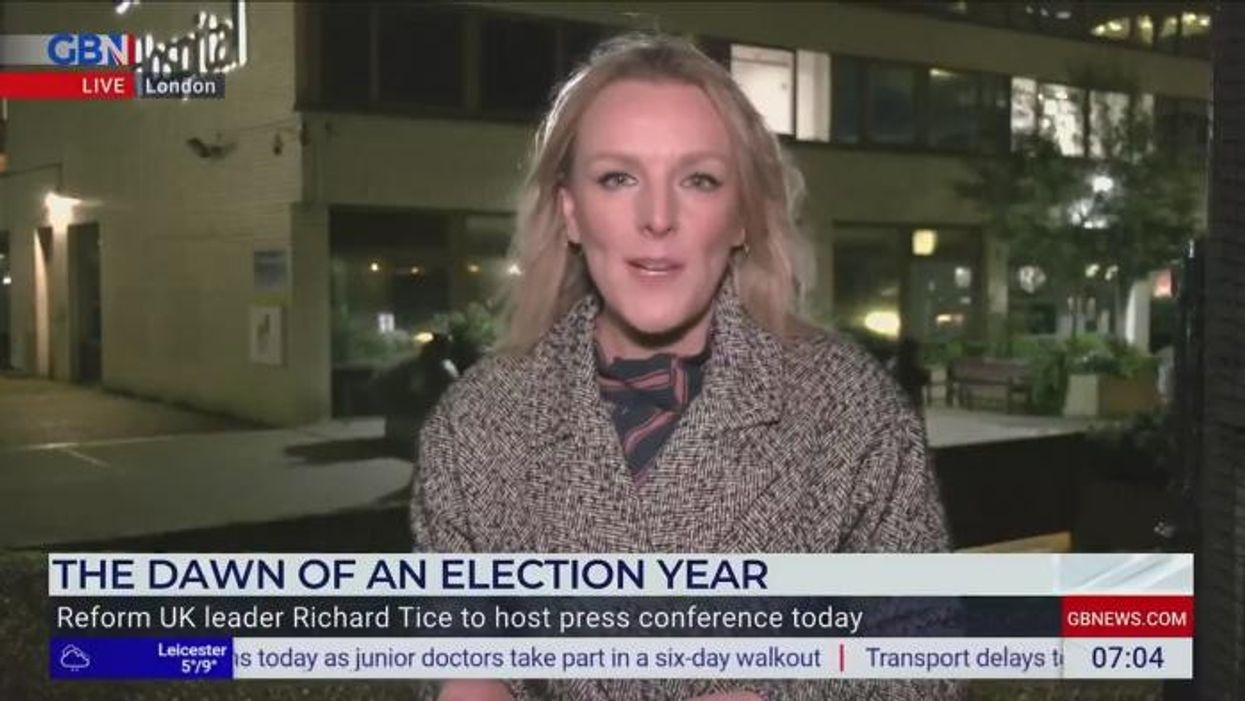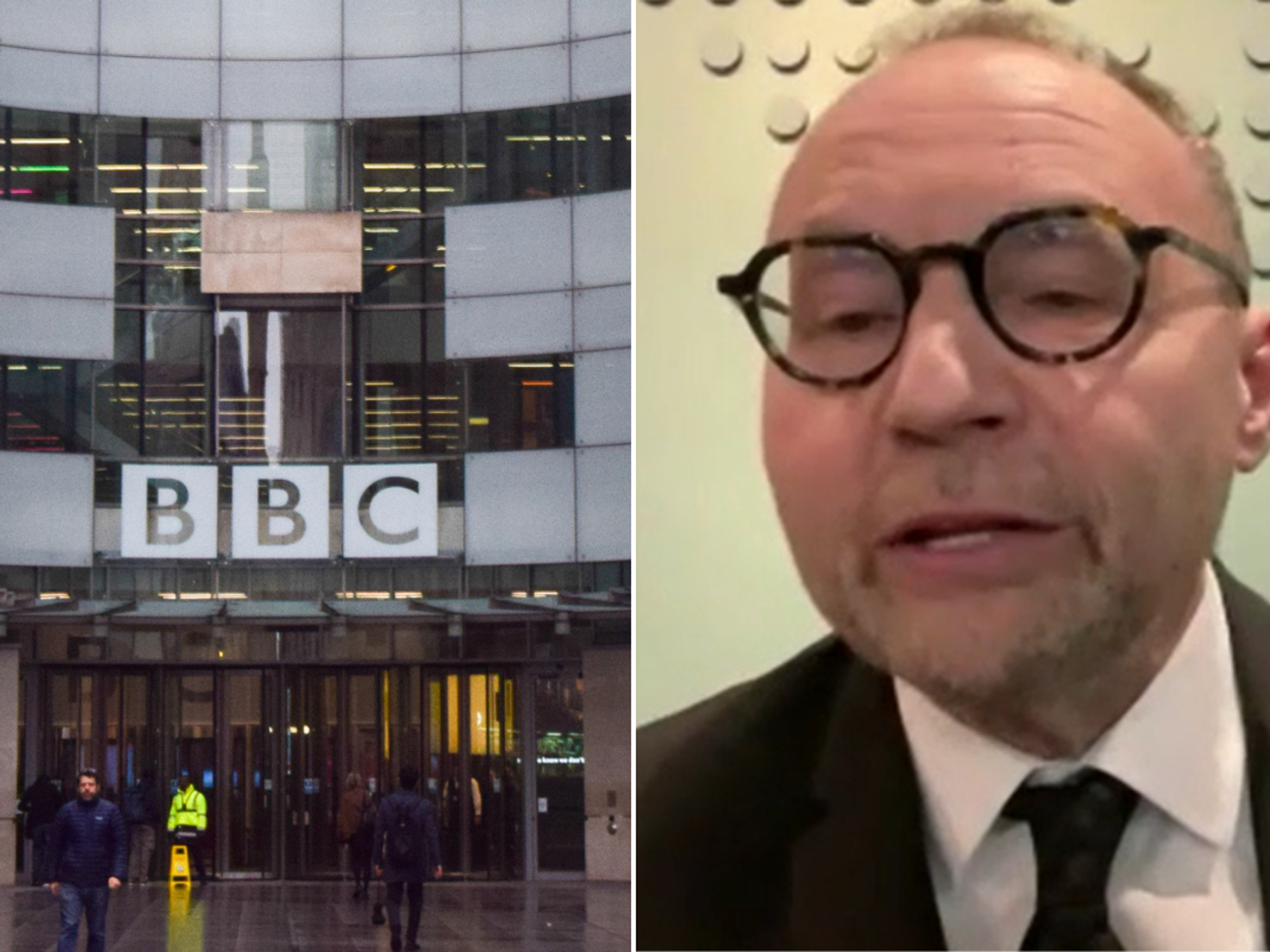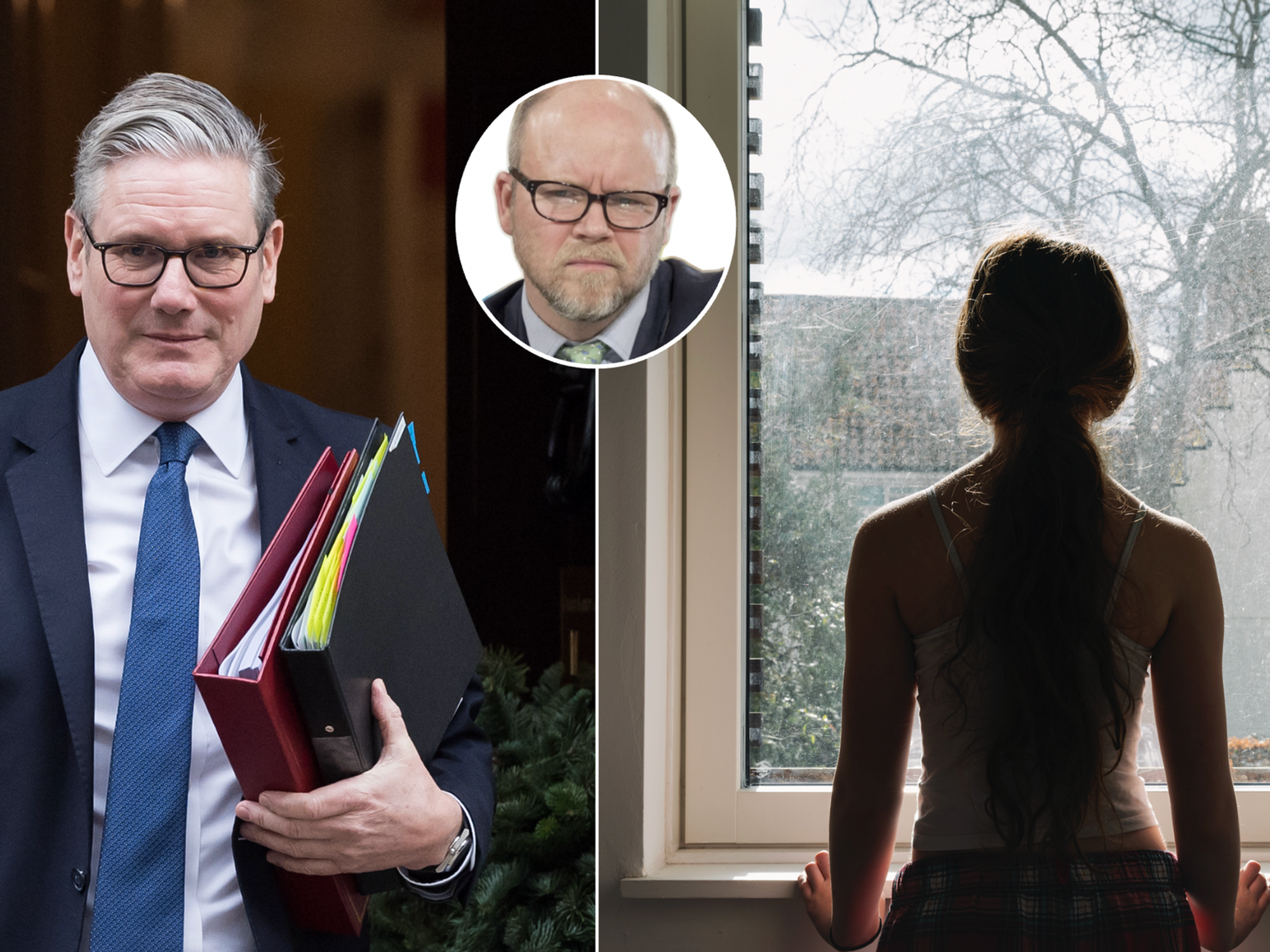Over one MILLION appointments to be missed as junior doctors walk out in longest-ever NHS strike

Thousands of junior doctors, who make up nearly half the NHS doctor workforce, are expected to take part in the strike that began earlier this morning
Don't Miss
Most Read
Over one million appointments and surgeries are expected to be missed as junior doctors have walked out in the NHS’s longest-ever strike.
The strike, which started at 7am this morning, will include thousands of junior doctors, who make up nearly half of the doctor workforce in the NHS.
The walkout, which is expected to last six days and finish on January 9, will involve thousands of British Medical Association (BMA) members.
This is the latest round of strikes in the pay dispute between junior doctors and the Government following the breakdown of pay talks last month.
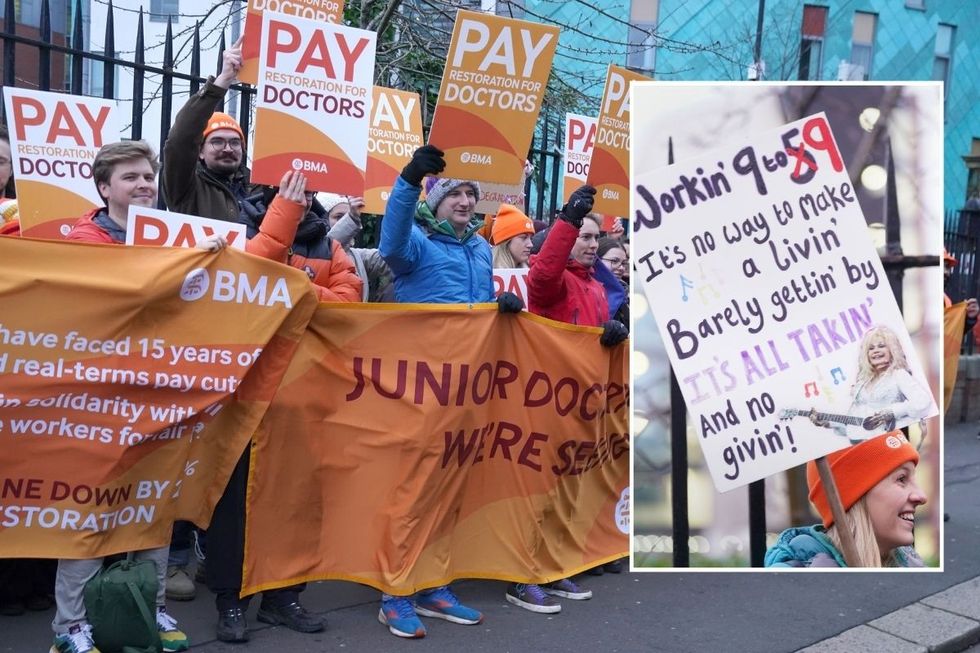
BMA members have staged a six-day walkout
|PA
BMA members are asking for a 35 per cent pay increase, to make up for below-inflation pay rises since 2008.
The Government however offered a pay rise averaging 3 per cent from January, which would have been on top of the average of nearly 9 per cent junior doctors received in April.
There have been 28 days of industrial action so far during the dispute, with a total of more than 1.2 million cancellations in hospitals – an average of around 43,000 per day.
More than 200,000 cancellations are now expected in the latest round of strikes.
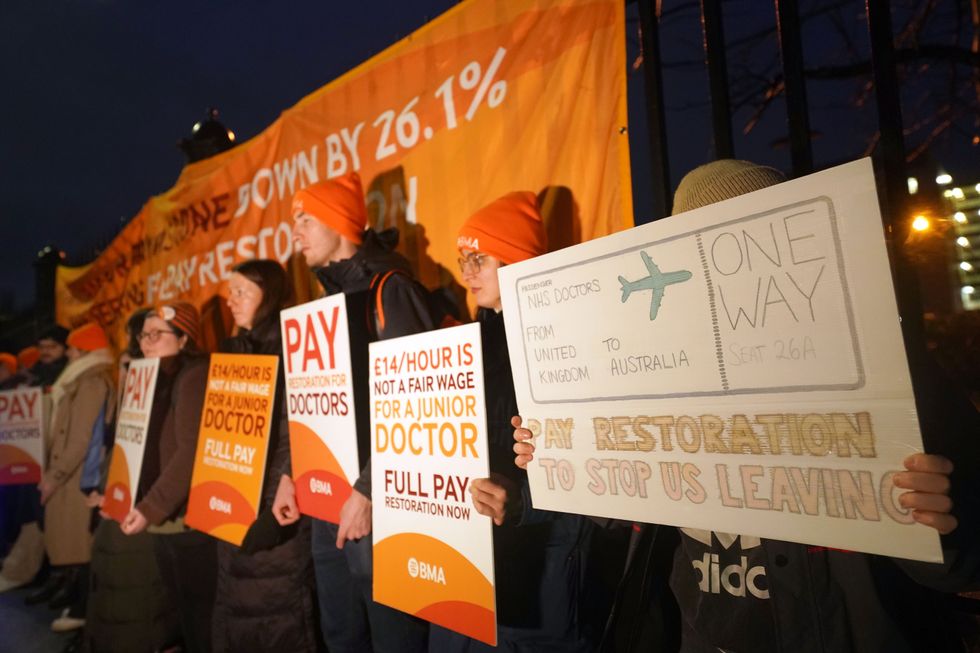
Junior doctors are striking following a pay dispute
|PA
However, hospital leaders say the true number of patients affected could be far higher, avoiding scheduling clinics on expected strike days.
Those worst disrupted will be routine hospital services, such as planned operations, like hip and knee replacements and check-ups.
This is because senior doctors are being moved across to provide cover in emergency care.
NHS bosses are particularly concerned about some urgent areas of cancer care and maternity services.
They have warned that this industrial action risks causing “the most difficult start to the year the NHS has ever faced”.
Conservative MP Paul Bristow, a member of the health select committee, has called out the junior doctors, referring to the strikes as “an act of cruelty”.
He said: “Junior doctors can’t keep holding the country to ransom. It is an act of cruelty to make patients pay the price for their exorbitant pay demands.”
Dr Robert Laurenson, Co-Chairman of the BMA told GB News: "Strike action is always a demonstration of a failure and a collapse in a relationship between an employer and a workforce.
"And the reason that's happened is because over the last 15 years in the making, the Government has cut our pay by 26 per cent. That means a doctor starts on about £15 an hour and we're just asking for that to be restored to £21 an hour.
"We're happy to sit down and have a collaborative conversation with the Government but they've pushed us out of the negotiation room, they don't want to talk to us."


